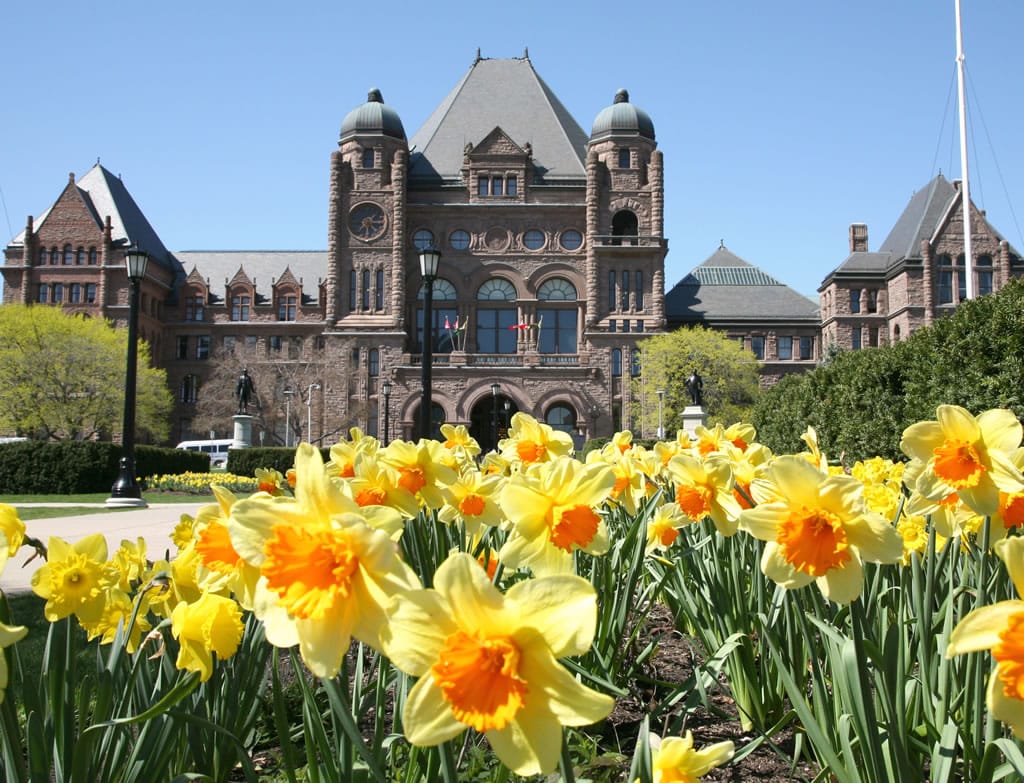dowlingm
Senior Member
I have a question about private sector rail ownership which flows out of the HSR thread but is equally applicable elsewhere - not intending for this to be a discussion on the merits of HSR itself here..
What it amounts to is this:
We seem to assume that railway tracks are immune from expropriation in a way that most other land ownerships are not - CN or CP owning a piece of track, whether it is Silver-Bramalea or whatever, is regarded as something which cannot be changed without their agreement, price, and conditions on future access. Let's set the actual legalities of that to one side for a moment.
What I'm interested in specifically arose from discussion about colocation of part of the VIA HFR on the CP Winchester ROW which appears to be wide enough for more tracks. The assumption is that the available choices in this situation is 1) pay CPR to add an additional track, similar to the CN Kingston sub project of bitter memory or 2) expropriate landowners along the edge of the ROW.
Why would it be offsite for VIA/GovCan to expropriate the unused part of the CP ROW, or other ROWs elsewhere in their operating area where it makes operating sense for them to have dedicated track but the railbed owner does not have track on it. They aren't using it, and they don't have track on it for the reasons @smallspy noted in the previous page re property tax, so... why can't they lose it? Or can they?
What it amounts to is this:
We seem to assume that railway tracks are immune from expropriation in a way that most other land ownerships are not - CN or CP owning a piece of track, whether it is Silver-Bramalea or whatever, is regarded as something which cannot be changed without their agreement, price, and conditions on future access. Let's set the actual legalities of that to one side for a moment.
What I'm interested in specifically arose from discussion about colocation of part of the VIA HFR on the CP Winchester ROW which appears to be wide enough for more tracks. The assumption is that the available choices in this situation is 1) pay CPR to add an additional track, similar to the CN Kingston sub project of bitter memory or 2) expropriate landowners along the edge of the ROW.
Why would it be offsite for VIA/GovCan to expropriate the unused part of the CP ROW, or other ROWs elsewhere in their operating area where it makes operating sense for them to have dedicated track but the railbed owner does not have track on it. They aren't using it, and they don't have track on it for the reasons @smallspy noted in the previous page re property tax, so... why can't they lose it? Or can they?





